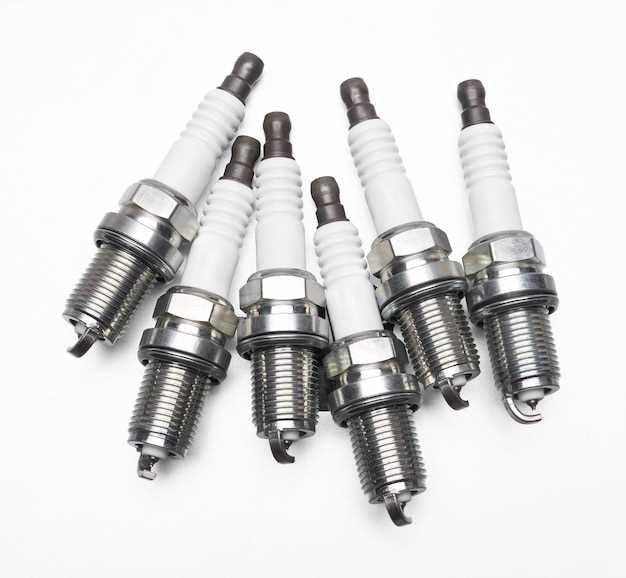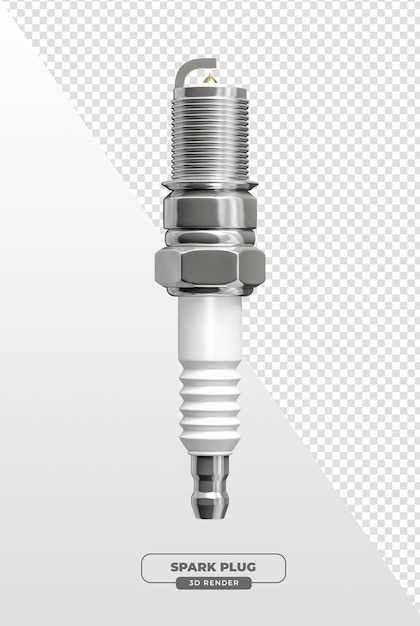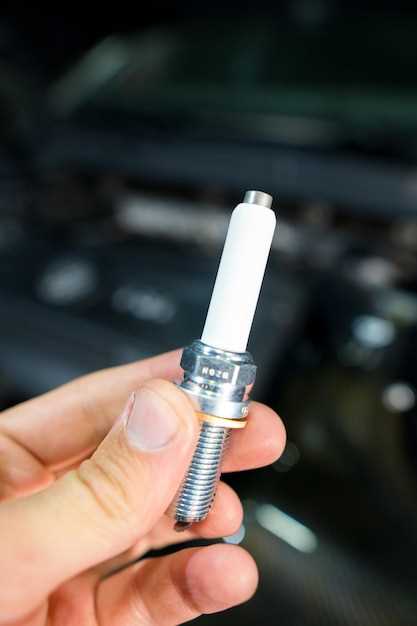
Maintaining your vehicle is essential for ensuring its longevity and performance. Among the crucial components that require regular attention are the spark plugs and air filters. These elements play a significant role in the overall efficiency and functionality of your engine.
Spark plugs ignite the air-fuel mixture in your engine’s combustion chamber, while air filters ensure that clean air enters the engine for optimal combustion. Over time, both components can wear out or become clogged, leading to various performance issues. Recognizing the signs that it’s time to change these parts can save you from costly repairs and improve your vehicle’s efficiency.
In this article, we will explore common indicators that suggest your spark plugs and air filters may need replacement. Understanding these signs will help you keep your vehicle running smoothly and safely, enhancing your overall driving experience.
Recognizing Poor Engine Performance Due to Worn Spark Plugs
Worn spark plugs can significantly impact engine performance, leading to a variety of noticeable issues. Understanding these signs will help you identify when it’s time for replacement.
- Engine Misfires: One of the most common symptoms of worn spark plugs is engine misfiring. This can manifest as a rough idle, stalling, or hesitation during acceleration.
- Difficulty Starting: If your engine struggles to start or requires multiple attempts, it could be due to ineffective spark plugs failing to ignite the fuel-air mixture.
- Reduced Fuel Efficiency: Worn spark plugs can lead to incomplete combustion, causing your engine to consume more fuel than necessary, resulting in visibly reduced miles per gallon (MPG).
- Rough Idling: If your vehicle shakes or vibrates while at a standstill, this could indicate that spark plugs are not functioning properly, contributing to an unstable engine operation.
- Unusual Engine Noises: Knocking or pinging sounds may arise from pre-ignition or detonation, often a consequence of faulty spark plugs that affect combustion timing.
- Illuminated Check Engine Light: A malfunctioning spark plug can trigger the check engine light on your dashboard. This warning should not be ignored, as it may require immediate attention.
Regular maintenance and timely inspection of spark plugs are crucial for ensuring optimal engine performance. If you notice any of these symptoms, consider having your spark plugs checked or replaced to prevent further damage to your engine.
Identifying Unusual Engine Noises Linked to Spark Plug Issues

Unusual engine noises can be a clear indication that your spark plugs may need attention. Listening to your vehicle’s sounds while it is running can provide valuable insights into its health. Common signs of potential spark plug issues include a sputtering or hesitating engine, particularly during acceleration, which might signal that the spark plugs are failing to ignite the air-fuel mixture properly.
Another notable sound is a metallic knocking or pinging noise. This noise often results from pre-ignition, where the air-fuel mixture ignites too early due to excessive heat or incorrect spark plug specifications. If you hear this type of noise, it’s essential to investigate further, as prolonged exposure can lead to significant engine damage.
Additionally, if your engine emits a popping or backfiring noise, especially during deceleration or while idle, it could indicate that the spark plugs are not firing consistently. This inconsistency can lead to incomplete combustion, causing unburned fuel to escape the combustion chamber and create explosive sounds.
Other indicators include an increased engine misfire, often experienced as a rough or shaky idling. When spark plugs wear out, the ignition timing can be compromised, leading to these erratic noises and poorer overall engine performance. It is crucial to address any unusual sounds promptly to maintain engine efficiency and prevent further complications.
Noticing Decreased Fuel Efficiency Related to Clogged Air Filters

A clogged air filter can significantly impact your vehicle’s fuel efficiency. Air filters play a crucial role in filtering out dirt, debris, and contaminants from the air entering the engine. When these filters become dirty or blocked, the airflow to the engine is restricted, leading to suboptimal combustion.
As a result, the engine has to work harder to draw in air, which can lead to a decrease in overall performance and increased fuel consumption. Drivers may notice that their vehicle requires more frequent trips to the gas station or that they are not getting the expected mileage from a full tank.
In addition to reduced fuel efficiency, other symptoms of a clogged air filter may include rough idling, decreased acceleration, and unusual engine noises. If you experience these signs alongside diminished fuel economy, it may be time to check and replace your air filter.
Regular maintenance of air filters can improve vehicle performance and help optimize fuel efficiency, ensuring that the engine runs smoothly and efficiently. If a noticeable change in fuel usage occurs, inspecting the air filter should be a priority to prevent further complications. Maintaining clean air filters can ultimately save you money and enhance the longevity of your vehicle.